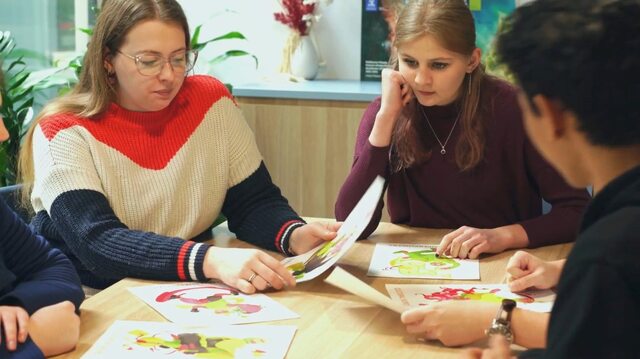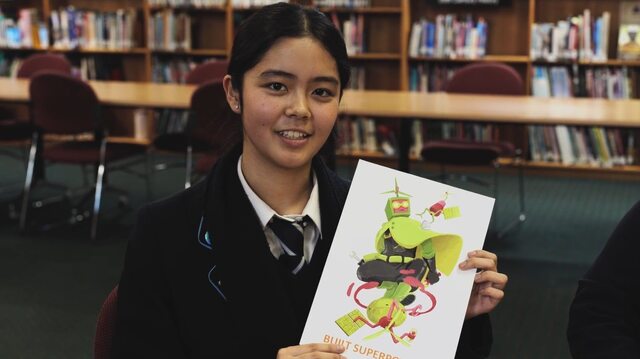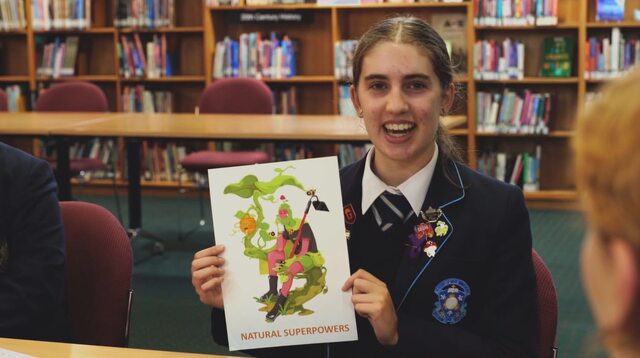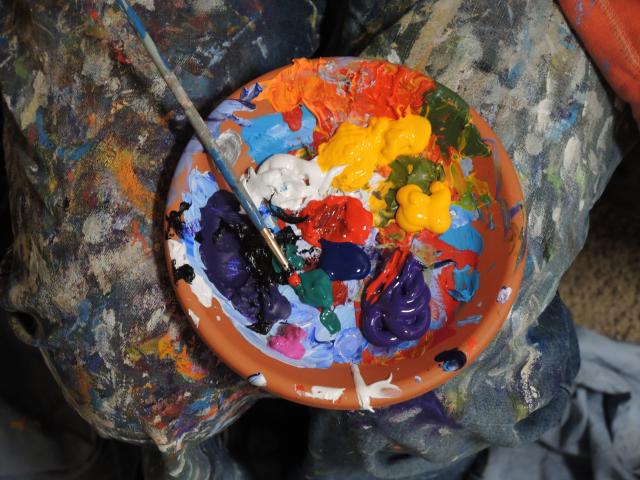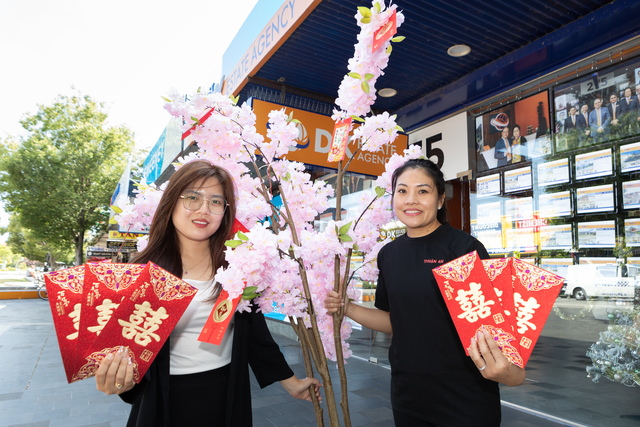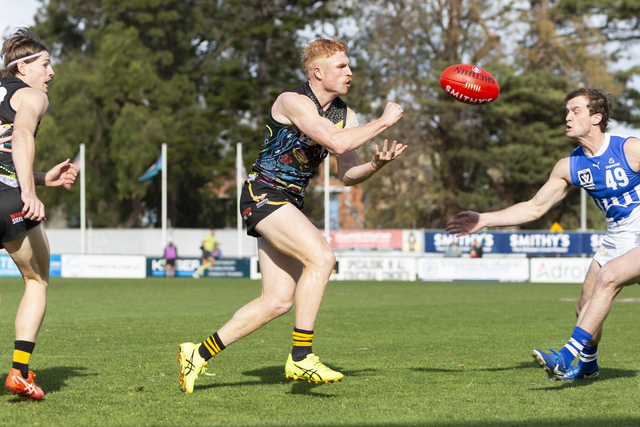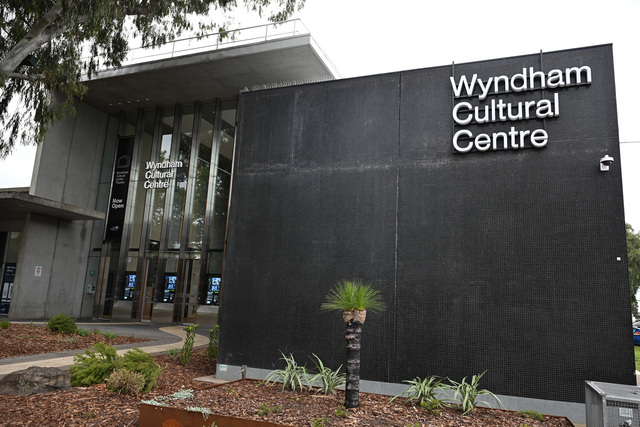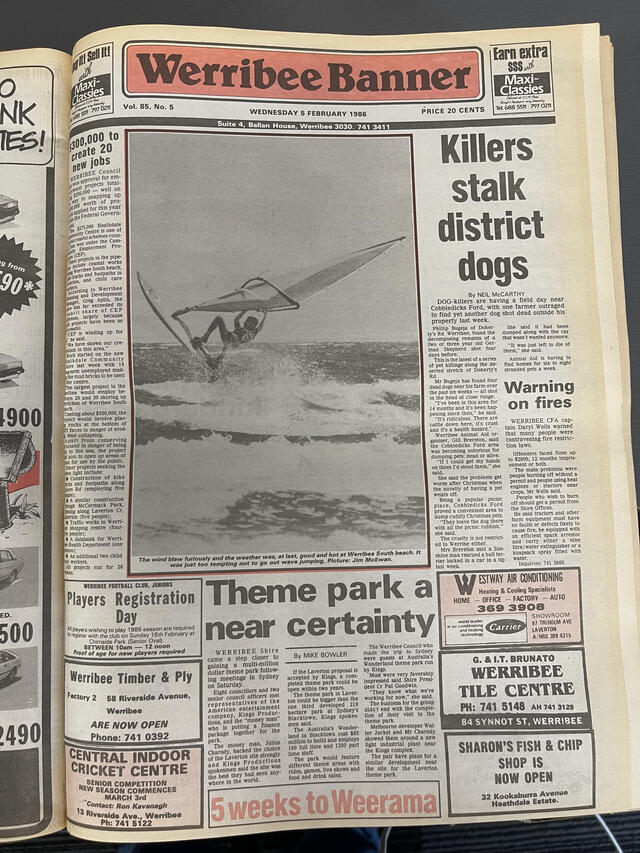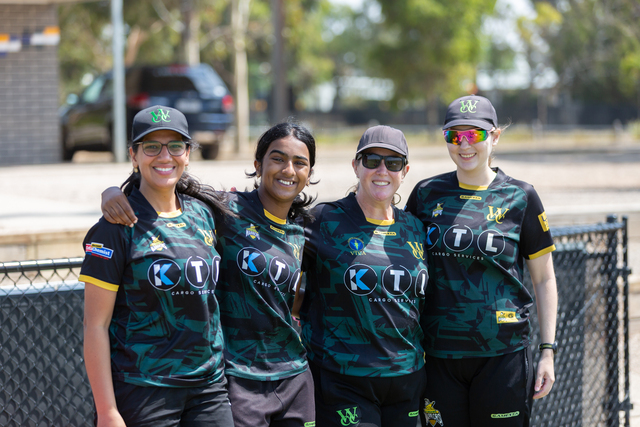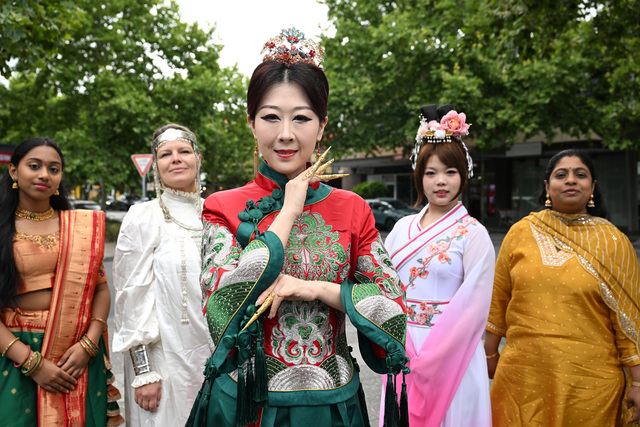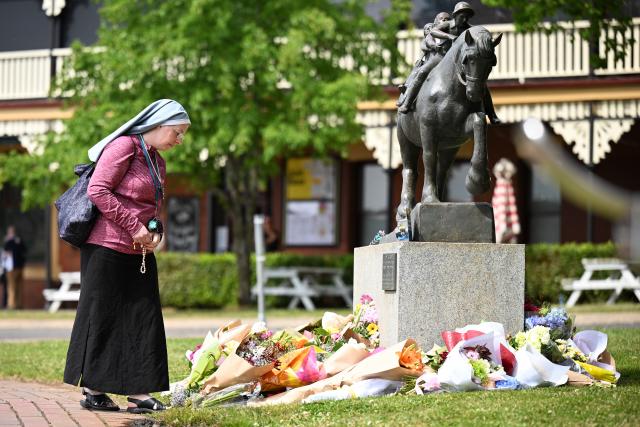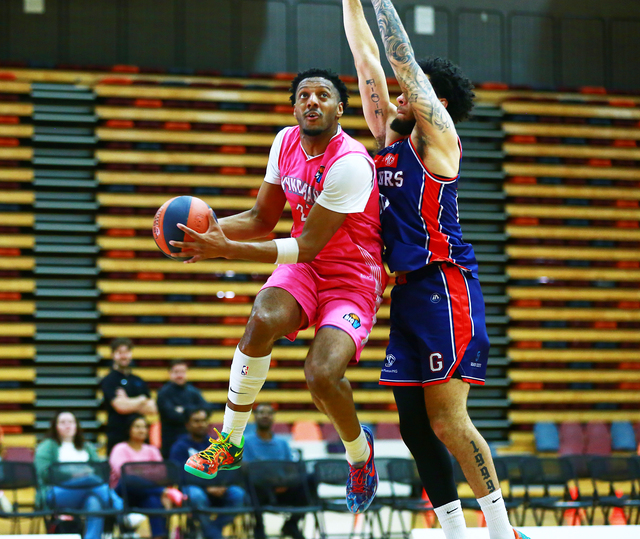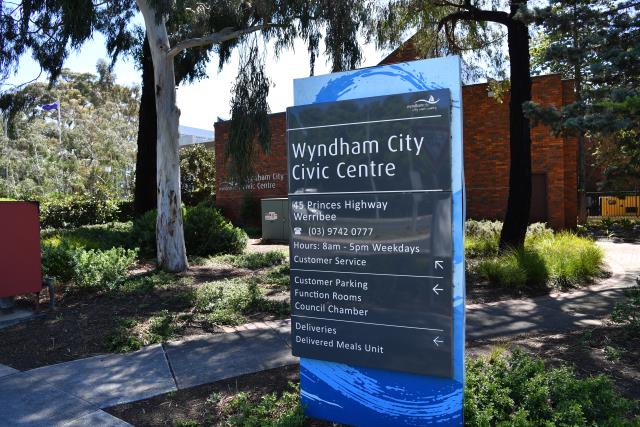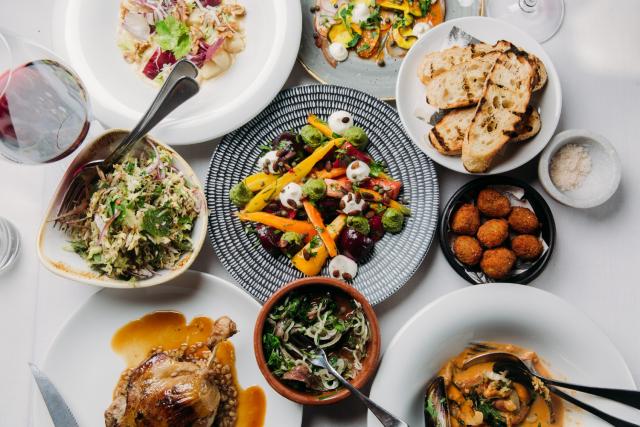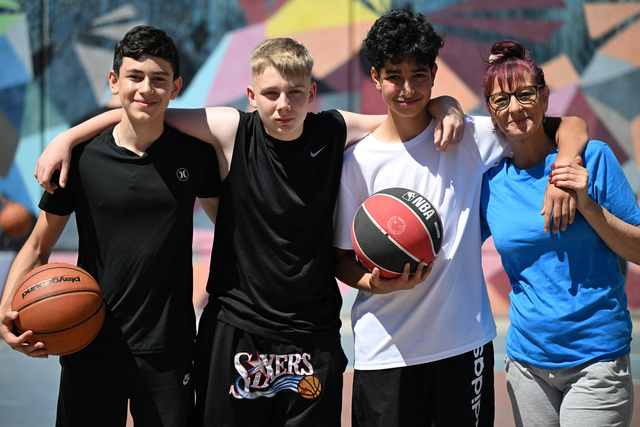A new website is helping to address young people’s anxiety about climate change. Max Westwood talks to one of the project’s creators, Phoebe Quinn.
The anxiousness young people feel about climate change prompted University of Melbourne research fellow and PhD candidate Phoebe Quinn, who has a background in creating resources for disaster recovery, to team up with University of Melbourne research fellow Katitza Marinkovic Chavez to tackle the issue.
Together they began a project titled, Young Climate Superpowers.
“The idea with this project is really to work with young people to develop together a set of resources that can help them understand their strengths in relation to climate change,” Ms Quinn said.
The project aims to ease the anxiousness young people are feeling about climate change.
“[Young people are having] all sorts of difficult emotions about climate change, including anger, sadness and anxiety. So the idea is that this is to figure out what are some useful ways of still engaging with the topic of climate change, but in a way that has a more positive impact in terms of young people’s wellbeing, but also the sort of the change that they can make in the world if they want to.”
Ms Quinn and the Young Climate Superpowers team believed hearing from young people would be the best way to ease their fears.
To do that, 31 young Victorians aged between 12 and 25 were invited to take part in a series of workshops.
“We really saw that there was potential for some more resources that were created both with, and for, young people. We were really kind of curious and excited to see what those resources might look like,” she said.
One of the resources Ms Quinn and her team made was a website containing all the information collected from workshop participants.
The website provides an inclusive and fun environment for the youth to tackle this behemoth of an issue that is climate change.
The team created a list of seven “climate superpowers” which they believed young people can use to address climate change.
The superpowers are: Social superpowers that help you learn about climate change and what to do about it; human superpowers that are your skills, knowledge, experiences and talents; cultural superpowers that help you understand and know the world, and how you act within it; political superpowers that help you influence decisions affecting you; financial superpowers, relating to their opportunities to use savings, income, time and effort in a way that helps the environment; built superpowers that help transform our cities, buildings, facilities, services, houses, vehicles, technology, water, and energy infrastructure to make them more sustainable; and natural superpowers the help you connect to nature.
“If a young person stumbled across this website and sees that it was created by a young person just like them, it’s a demonstration of one of the ways that they could make a difference and contribute and use their various skills,” Ms Quinn said.
“Behind the climate superpowers idea is that everyone has those superpowers, they can use them in all sorts of ways.”
Ms Quinn and her team hope they’ve been able to create a tool to help teachers inform their students about climate change.
“Teachers [are] saying that they really loved the website and they were really keen to actually use it in their teaching and in their conversation with their students,” she said.
Quinn said one thing she has learnt through the project is how powerful young people are when they are working together towards a common goal.
“It’s been very compelling.”

